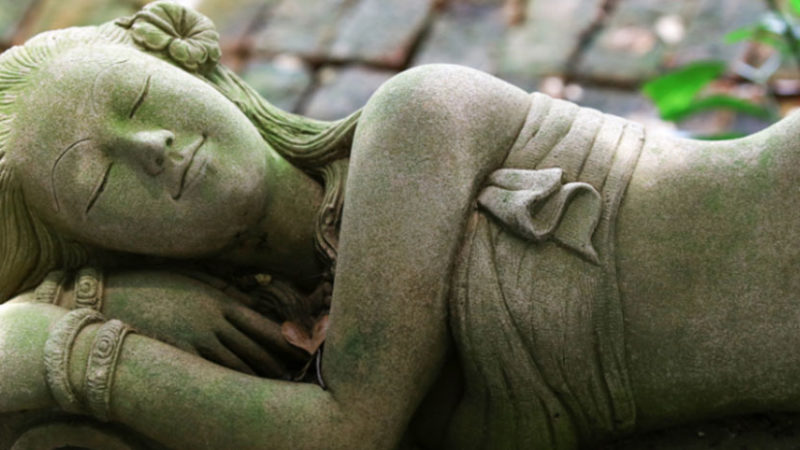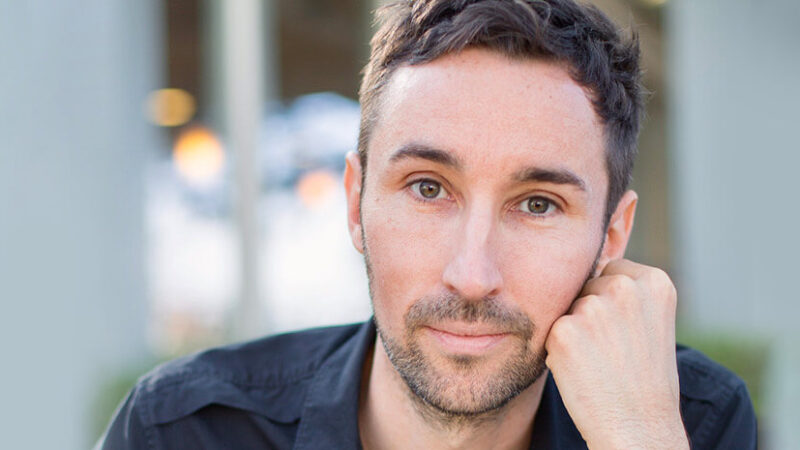Free mindfulness gifts!
Friends, please enjoy two free downloads featuring teachings and guided practices from some of the most respected voices in the fields of mindfulness and healing, including Jon Kabat-Zinn, Tara Brach, Jack Kornfield, Kelly McGonigal, Dan Siegel, Sharon Salzberg, Rick Hanson, and Shinzen Young.
Stream or download The Science of Mindfulness and The Practice of Mindfulness now!
 The Science of Mindfulness: How Changing Your Brain Changes Your Life
The Science of Mindfulness: How Changing Your Brain Changes Your Life
To be mindful is to pay attention to whatever arises in the moment. Whether in response to thoughts, feelings, emotions, or bodily sensations, when we are present to our experience in an open and nonjudgmental way, we are practicing mindfulness. With The Science of Mindfulness, you will join five Sounds True authors for an introductory program exploring the ways that science has begun to validate what the world’s wisdom traditions have said for centuries: mindfulness practice has the power to transform every facet of our lives.
Tracks include:
1. “What Is Mindfulness?” from Mindfulness for Beginners by Jon Kabat-Zinn
The teacher who brought mindfulness meditation into the mainstream of medicine and society describes the many benefits of daily practice.
2. “Mindfulness and the Brain” from The Mindful Brain by Daniel J. Siegel, MD
Dr. Siegel explains the effects of mindfulness practice on our mental health and physiology.
3. “Happiness, Enlightenment, and the Brain” from The Enlightened Brain by Rick Hanson, PhD
We know more about the brain today than ever before. Dr. Hanson discusses how we can use this knowledge to cultivate lasting experiences of happiness and fulfillment.
4. “The Perception of Separation” from Meditation and Psychotherapy by Tara Brach, PhD
Tara Brach explains how the practice of mindfulness can help us break through the false sense of separation that so often leads to suffering.
5. “Mindfulness and the Experiencing Self” from The Neuroscience of Change by Kelly McGonigal, PhD
Dr. McGonigal describes an alternative state of mind known as “the experiencing self,” a positive alternative to harmful default states that we can cultivate through practice.
 The Practice of Mindfulness: 6 Guided Practices
The Practice of Mindfulness: 6 Guided Practices
Mindfulness is a simple yet profound practice that transforms lives. The Practice of Mindfulness invites you to join six Sounds True authors who are each considered leaders in bringing the many benefits of mindful living into our personal and professional lives. Enjoy six beginner-friendly guided meditations aimed at increasing harmony in mind and body in order to open us to the fullness of our experience from one moment to the next.
Tracks include:
1. “Breathing Meditation” from Meditation for Beginners by Jack Kornfield
2. “Meditation for Relaxation” from Meditation by Shinzen Young
3. “Mindfulness Meditation” from The Neuroscience of Change by Kelly McGonigal
4. “A Pause for Presence” from Mindfulness Meditation by Tara Brach
5. “Meditation on Compassion” from Guided Meditations for Love and Wisdom by Sharon Salzberg
6. “The Healing Lake Meditation” from Meditation for Optimum Health by Jon Kabat-Zinn




